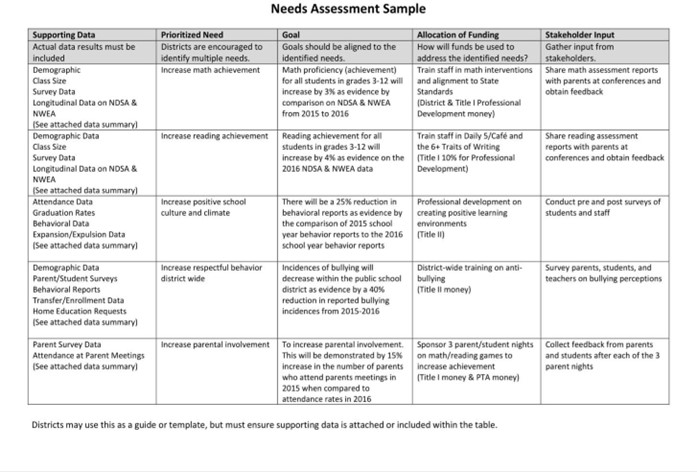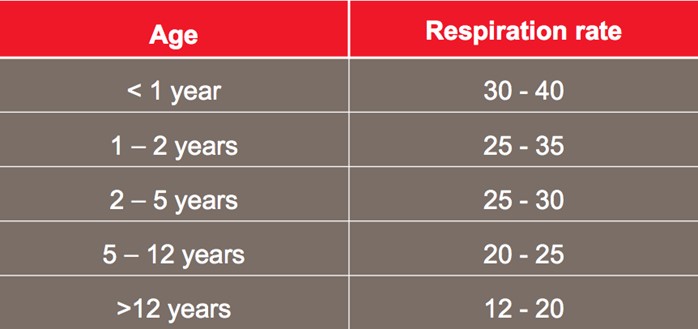After reviewing the morning laboratory findings for four clients, which client should the nurse follow up with first? Reference Range:
International Normalized Ratio [0.8 to 1.1]
Blood Glucose 74 to 106 mg/dL (4.1 to 5.9 mmol/L)]
Potassium [3.5 to 5 mEq/L (3.5 to 5 mmol/L)]
Brain Natriuretic Peptide (BNP) [less than 100 pg/mL (less than 100 ng/L)]
The brain natriuretic peptide (BNP) assay for a client with shortness of breath after a myocardial infarction (MI) increases to 1000 pg/mL (1000 ng/L).
The international normalized ratio (INR) for a client who is receiving warfarin therapy increases to 2.5.
The serum glucose level for a client receiving corticosteroids increases to 150 mg/dL (8.3 mmol/L).
The potassium level for a client scheduled for renal dialysis increases to 5 mEq/L(5 mmol/L).
The Correct Answer is A
Choice A Reason: This client has a very high BNP level, which indicates severe heart failure and fluid overload. The nurse should follow up with this client first, as they may need urgent interventions such as oxygen therapy, diuretics, and vasodilators.
Choice B Reason: This client has an INR within the therapeutic range for warfarin therapy, which is usually between 2 and 3. The nurse should monitor this client for signs of bleeding or clotting, but they do not require immediate follow-up.
Choice C Reason: This client has a mildly elevated glucose level, which may be caused by the corticosteroids that
increase blood sugar. The nurse should check the client's blood glucose regularly and administer insulin as ordered, but they do not require immediate follow-up.
Choice D Reason: This client has a normal potassium level, which is within the reference range of 3.5 to 5 mEq/L. The nurse should ensure that the client is ready for dialysis and avoid foods high in potassium, but they do not require immediate follow-up.
Nursing Test Bank
Naxlex Comprehensive Predictor Exams
Related Questions
Correct Answer is B
Explanation
Choice A Reason: The ability to update the equipment each year may be desirable, but not the most important question to consider. Updating the equipment may incur additional costs and may not be necessary or feasible depending on the type and function of the equipment.
Choice B Reason: The number of departments that can use the equipment is the most important question to
consider, as it reflects the potential impact and benefit of the equipment for the organization. The more departments that can use the equipment, the more efficient and cost-effective it will be.
Choice C Reason: The cost of equipment is an important question to consider, but not the most important one. The cost of equipment should be compared with the expected benefits and outcomes of using the equipment, not just in terms of monetary value, but also in terms of quality of care and patient satisfaction.
Choice D Reason: The need for annual repair is an important question to consider, but not the most important one. The need for annual repair may indicate the reliability and durability of the equipment, but it may also depend on the frequency and intensity of use, and the availability and accessibility of maintenance services.

Correct Answer is B
Explanation
Choice A Reason: The initial administration of the analgesic is not an intervention that the charge nurse should counsel the nurse about. The opioid analgesic was prescribed by the healthcare provider and was appropriate for the postoperative pain management of the client.
Choice B Reason: The decision regarding when to call the healthcare provider is an intervention that the charge nurse should counsel the nurse about. The nurse should have called the healthcare provider as soon as the client's
respiratory rate decreased to 6 breaths/minute, which is a sign of opioid-induced respiratory depression. Waiting for another 30 minutes until the respiratory rate decreased to 4 breaths/minute could have put the client at risk of hypoxia, brain damage, or death.
Choice C Reason: The documentation of the client's respiratory rate is not an intervention that the charge nurse should counsel the nurse about. The nurse documented the client's respiratory rate accurately and timely, which is part of the standard of care and legal responsibility of the nurse.
Choice D Reason: The administration of naloxone via IV is not an intervention that the charge nurse should counsel the nurse about. Naloxone is an opioid antagonist that reverses the effects of opioids and restores normal respiration. Administering naloxone via IV is the fastest and most effective way to treat opioid-induced respiratory depression.

Whether you are a student looking to ace your exams or a practicing nurse seeking to enhance your expertise , our nursing education contents will empower you with the confidence and competence to make a difference in the lives of patients and become a respected leader in the healthcare field.
Visit Naxlex, invest in your future and unlock endless possibilities with our unparalleled nursing education contents today
Report Wrong Answer on the Current Question
Do you disagree with the answer? If yes, what is your expected answer? Explain.
Kindly be descriptive with the issue you are facing.
